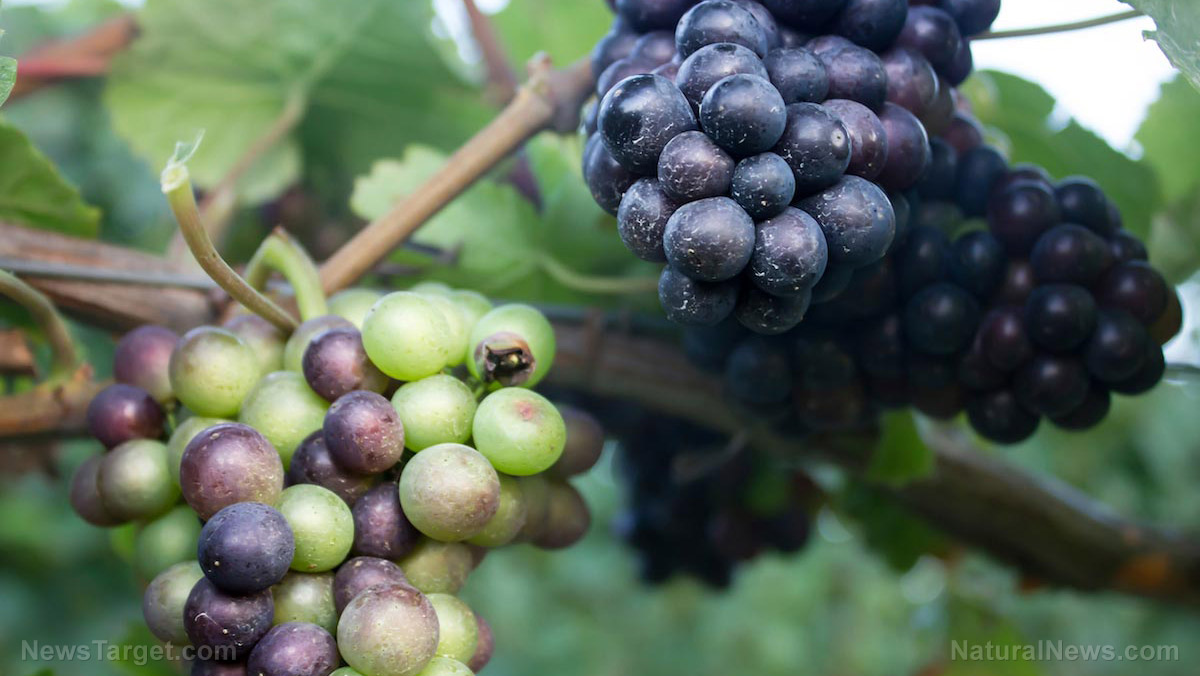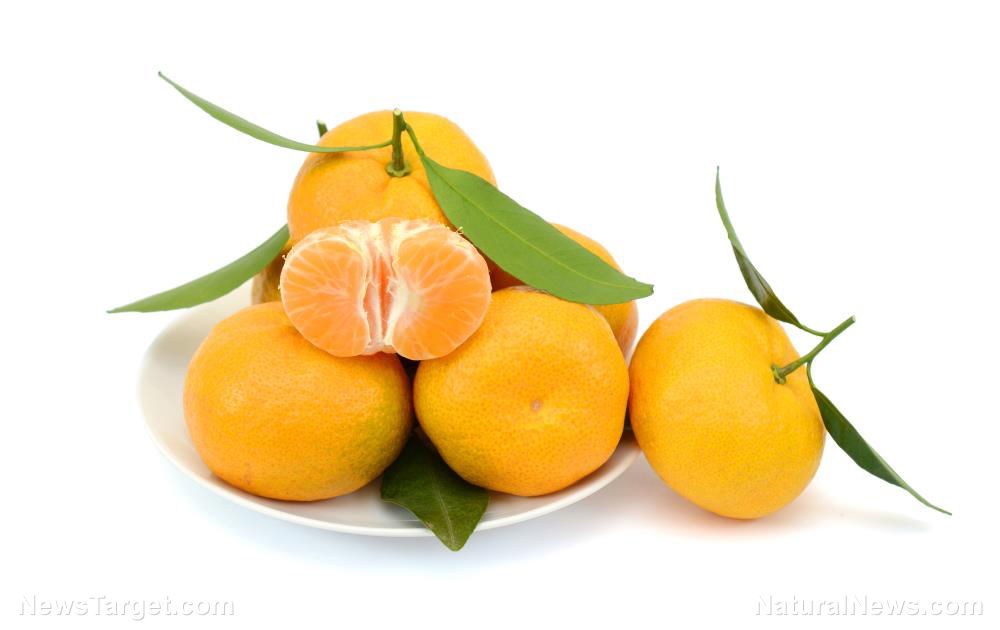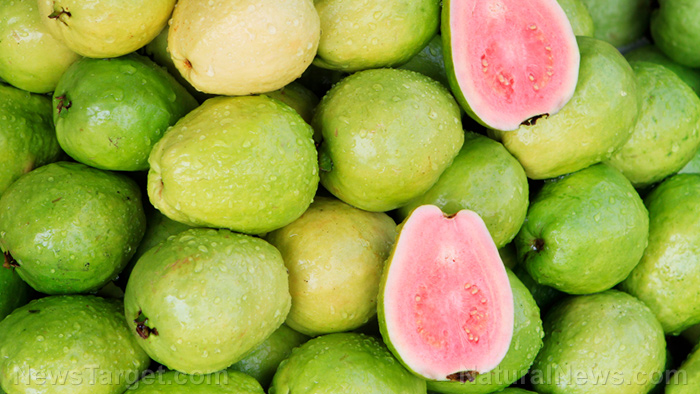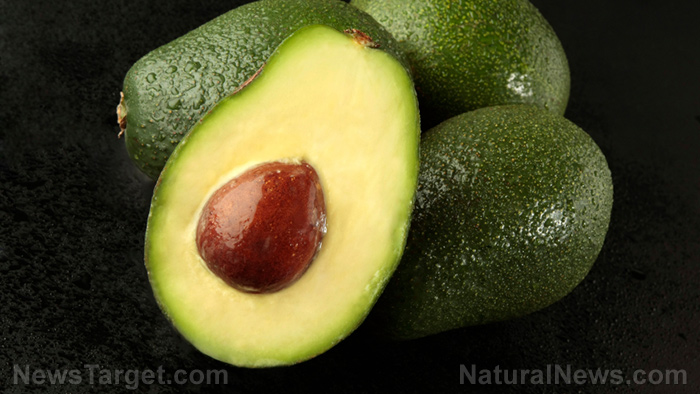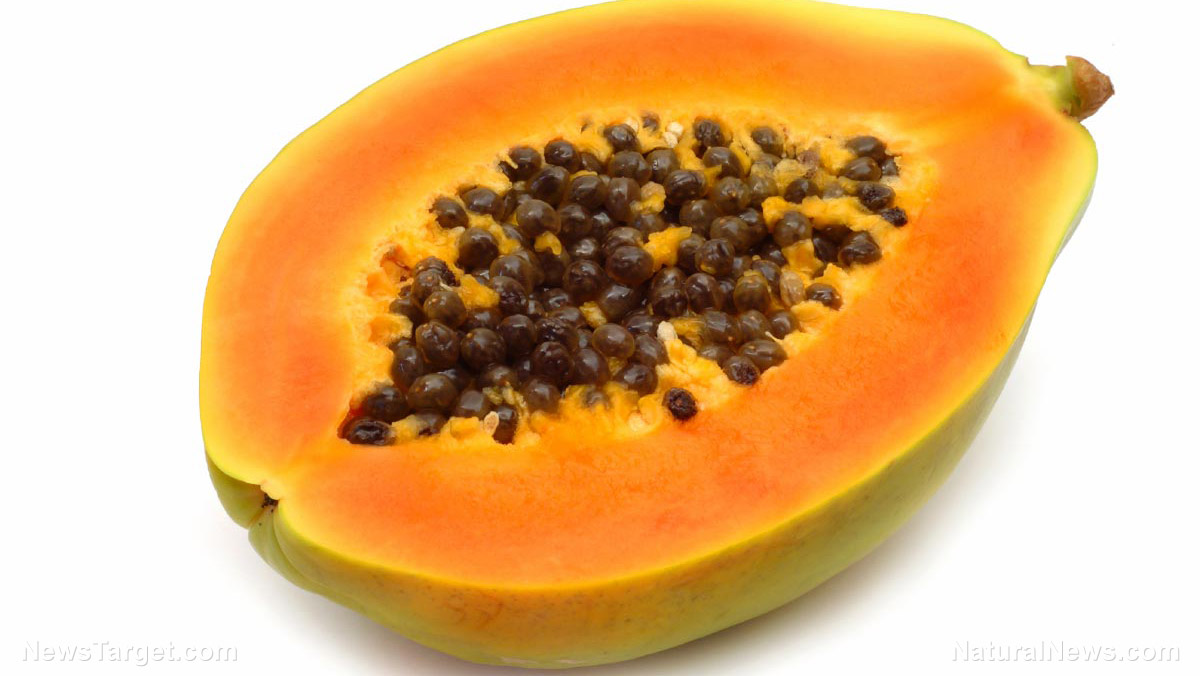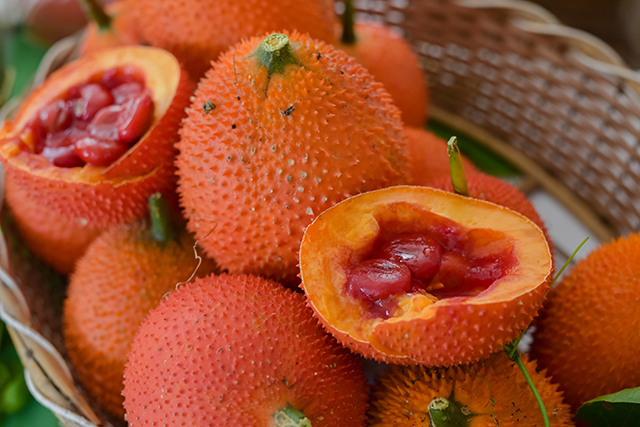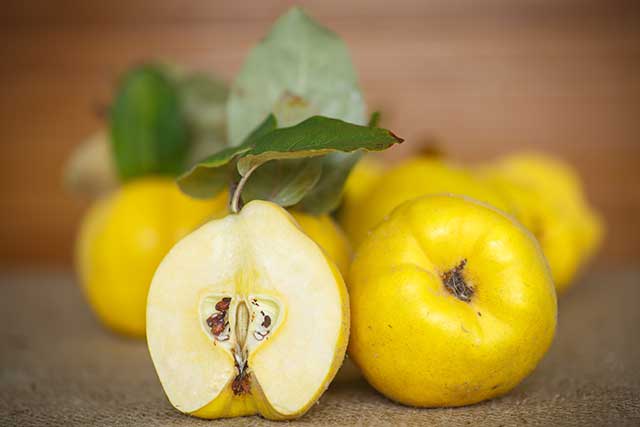Saskatoon — sources, health benefits, nutrients, uses and constituents at NaturalPedia.com
09/28/2017 / By Earl Garcia

Saskatoon is a fiber-rich berry that belongs to the rose plant family. The plant is closely related to equally delicious fruits such as apple, hawthorn and mountain ash. Saskatoon berries grow on shrubs or small trees native to the Canadian Prairies, the Northwest Territories and the Yukon as well as Alaska, British Columbia and the northwestern and north central U.S.
The South Island Saskatoons website cites a 2013 report noting that the fruit’s name was officially changed to juneberry when it is imported across some U.S. states. A team of researchers at the Cornell University states that while Americans loved the taste of saskatoon berries, the name did not appeal as much as when it is called juneberries. Thus, U.S. marketers continue to request Canadian producers for a label change.
The plant also comes in many other names such as amelanchier, serviceberries and shadberries as well as sugar pear, pigeon berry and Indian pear.
List of known nutrients
Saskatoon berries are touted for their high nutritional value and health benefits. According to a Fruits Info entry, saskatoon contains the following nutrients:
- Biotin
- Calcium
- Folate
- Iron
- Magnesium
- Manganese
- Panthothenic acid
- Potassium
- Pyridoxine
- Riboflavin
- Sodium
- Vitamin A
- Vitamin C
- Vitamin E
Medicinal uses for saskatoon
Saskatoon berries are notably rich in fiber, which in turn may greatly benefit the body’s digestive health. In fact, each 100 gram serving of saskatoon berries contains at least 20 percent of the daily recommended intake of fiber.
A decoction made from the inner bark and the roots of the fruit may help address diarrhea, dysentery, and stomach complication as well. The plant parts are also used to relieve constipation, while the berries are consumed to alleviate liver conditions.
Likewise, saskatoon berries are loaded with antioxidants that help repair cellular damage, reduce heart disease risk and slow down the aging process. This makes the fruit an ideal food fare for people at risk of various cardiovascular conditions.
The berries are also packed with essential minerals like calcium and manganese that enhance bone strength and integrity. According to a Care2.com article, saskatoon berries contain twice as much manganese and up to six times as much calcium as blueberries.
The plant is a rich source of iron as well. In fact, each 100 gram serving of saskatoon berries may provide as much as 22 percent of the body’s daily iron needs. This is especially helpful in relieving diseases associated with iron deficiency.
Saskatoon berries are also known to effectively alleviate various conditions that affect the female reproductive health. A decoction made from the tree’s bark, stems and twigs help reduce pain and bleeding during delivery. Herbal teas made from saskatoon roots are also shown to prevent miscarriage.
Furthermore, the plant is found to promote eye health. Local tribes have long used extracts from saskatoon bark to treat snow blindness and sore eyes.
Body systems supported by saskatoon
Saskatoon berries are best known for their immense nutrient content that benefits both the body’s digestive and cardiovascular profiles. The fruits also fortify the bones and improves overall circulation. Furthermore, saskatoons promote both eye health and female reproductive health.
Ways to use saskatoon
Saskatoon berries are commonly used in making jams, jellies, and preserves. Likewise, it is an ideal staple in baked goods such as pies, muffins and breads. The tasty fruit can also be processed into liqueurs and flavoring concentrates.
In addition, the berries can either be consumed as a frozen fruit or dried and processed as an alternative to raisins. The fruits goes well with various meat dishes as well. An entry published on the Food Network website features some of the most sumptuous recipes that use saskatoon berries.
Where to learn more
Summary
Saskatoon berries alleviate diarrhea, dysentery, liver conditions, and stomach complications.
Saskatoon berries prevent miscarriage and alleviate pain and bleeding during delivery.
Saskatoon berries help address eye conditions such as snow blindness and sore eyes.
Saskatoon berries enhance both the body’s digestive and cardiovascular profiles.
Saskatoon berries strengthen the bones and enhance overall circulation.
Saskatoon berries protect the eyes and improve female reproductive health.
Sources include:
Tagged Under: Saskatoon



